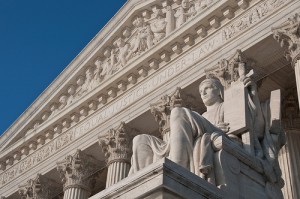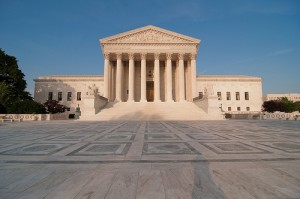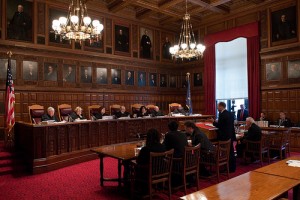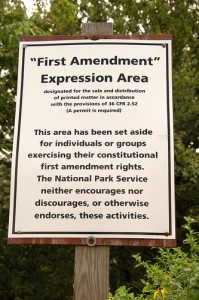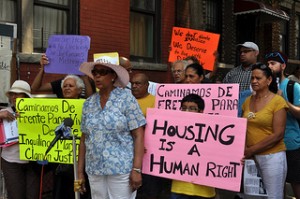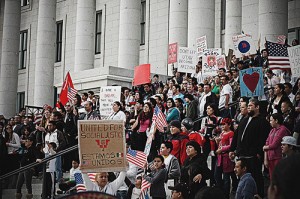As a generally applicable rule, new issues cannot be raised on appeal. The record is silent and the issue is commonly new to the prejudice of one party. Appellate courts have little or no difficulty in rejecting the introduction of new issues on appeal in most instances.
General rules generally have exceptions, as is true here. Although there are a number of new issues listed that may be raised on appeal, the reality is that new issues are successfully raised on appeal very rarely.[1] The new issue may be introduced by one of the litigants or, less often, by the appellate court sua sponte.[2] Most often, the successful new issues concern either the court’s own power and protection or the protection of absent or incompetent persons. In civil cases, litigants select their attorneys and normally are bound by the errors and omissions those attorneys make. Absent compelling circumstances, trial and appellate courts normally should not come to the aid of litigants.[3]
Recognized exceptions that courts may apply in many jurisdictions include the following, although variation among the States and in differing circumstances prevents certainty.

